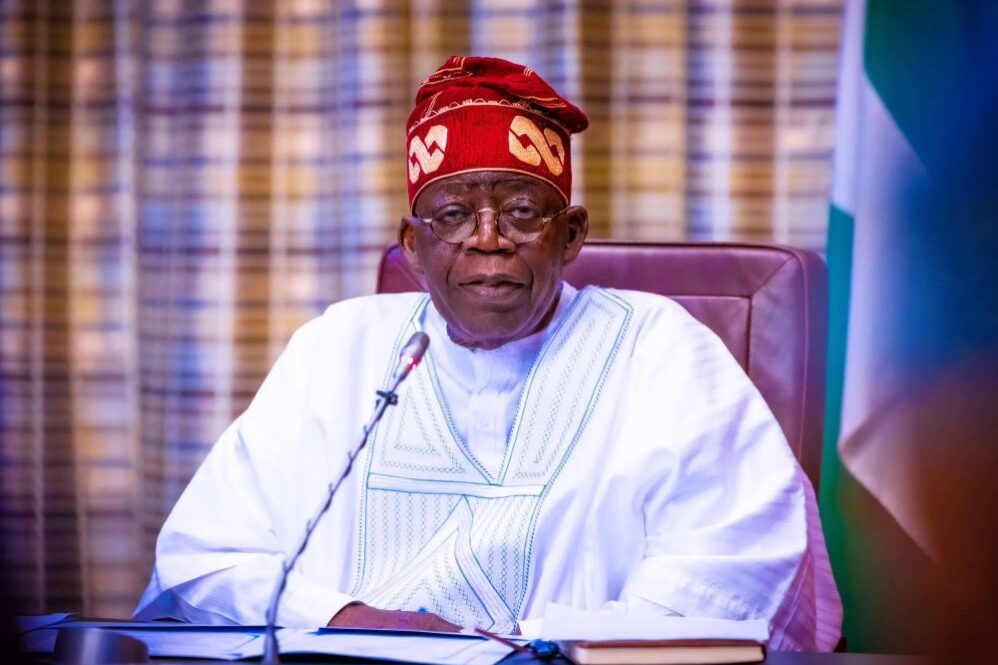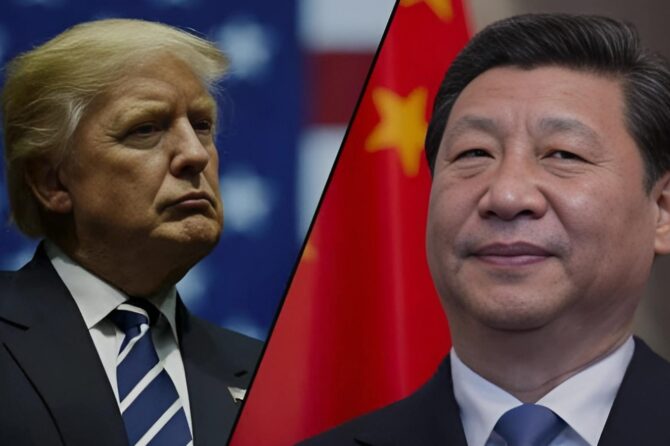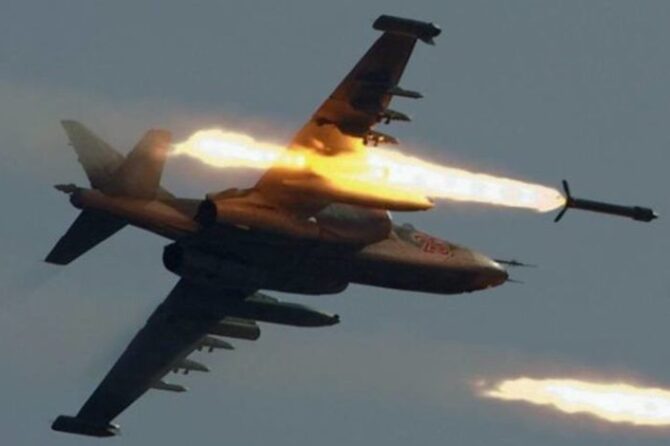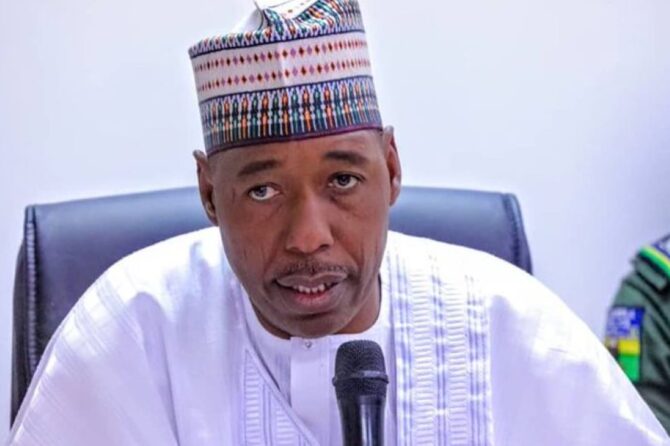“Enough Is Enough”: Tinubu’s Security Overhaul Targets Grassroots Collaboration Amid Rising Violence
ABUJA, Nigeria — President Bola Tinubu has ordered a comprehensive restructuring of Nigeria’s security architecture, demanding immediate results to end the wave of killings in Borno, Benue, Plateau, and Kwara states. The directive, issued during a high-stakes April 24 meeting with security chiefs, signals a paradigm shift toward localized solutions and accountability measures to address systemic failures.
Key Directives and Meeting Details
- Duration: The emergency meeting lasted over two hours, with service chiefs providing detailed reports on casualty figures, attack patterns, and destruction in violence-hit states.
- New Strategy: Tinubu mandated a community-centric approach, ordering security agencies to work directly with state governors, local governments, and traditional rulers to resolve conflicts.
- Remote Monitoring: Despite being abroad in Paris and London days earlier, Tinubu remained “constantly in touch,” issuing directives and tracking developments in real time.
Root Causes of Escalating Violence
- Ungoverned Spaces: Attacks often occur in remote areas with minimal security presence, where groups use IEDs and exploit jurisdictional gaps.
- Local Conflicts: Communal tensions over land, resources, and political grievances fuel violence, particularly in Plateau and Benue.
- Security Overstretch: Military and police forces are spread thin across multiple crises, from banditry in the northwest to separatist agitation in the southeast[prior context].
Security Chiefs’ Commitments
National Security Adviser Nuhu Ribadu outlined post-meeting actions:
- State Visits: Security teams have already visited Borno, Benue, and Plateau to assess ground realities and engage stakeholders.
- Collaborative Framework: A new protocol will integrate local intelligence from traditional rulers and community leaders into federal operations.
- Tech Integration: Enhanced use of drones and surveillance tools to monitor hotspots, particularly in Borno’s insurgent-prone areas[prior context].
Stakeholder Reactions
- NSA Ribadu: “Insecurity involves sub-units closest to the people. We’re now working hand-in-hand with governors and councils”.
- Security Analysts: Praise the focus on local actors but warn that underfunding and political interference could undermine reforms[prior context].
- Affected Communities: Demand faster response times and compensation for victims’ families[prior context].
Political and Economic Implications
- 2027 Elections: Tinubu’s urgency reflects pressure to demonstrate security gains ahead of the polls[prior context].
- Food Security: Violence disrupts farming in Nigeria’s “food basket” states (Benue, Plateau), worsening inflation and hunger[prior context].
- Investor Confidence: Persistent insecurity threatens Tinubu’s $1 trillion GDP target, with sectors like agriculture and mining most affected[prior context].
Comparative Analysis: New vs. Past Strategies
| Aspect | Previous Approach | New Directive |
|---|---|---|
| Governance | Centralized federal control | State/local collaboration |
| Intelligence | Reliance on federal agencies | Community-driven tips |
| Accountability | Limited consequences for failures | Results-driven KPIs for chiefs |

















